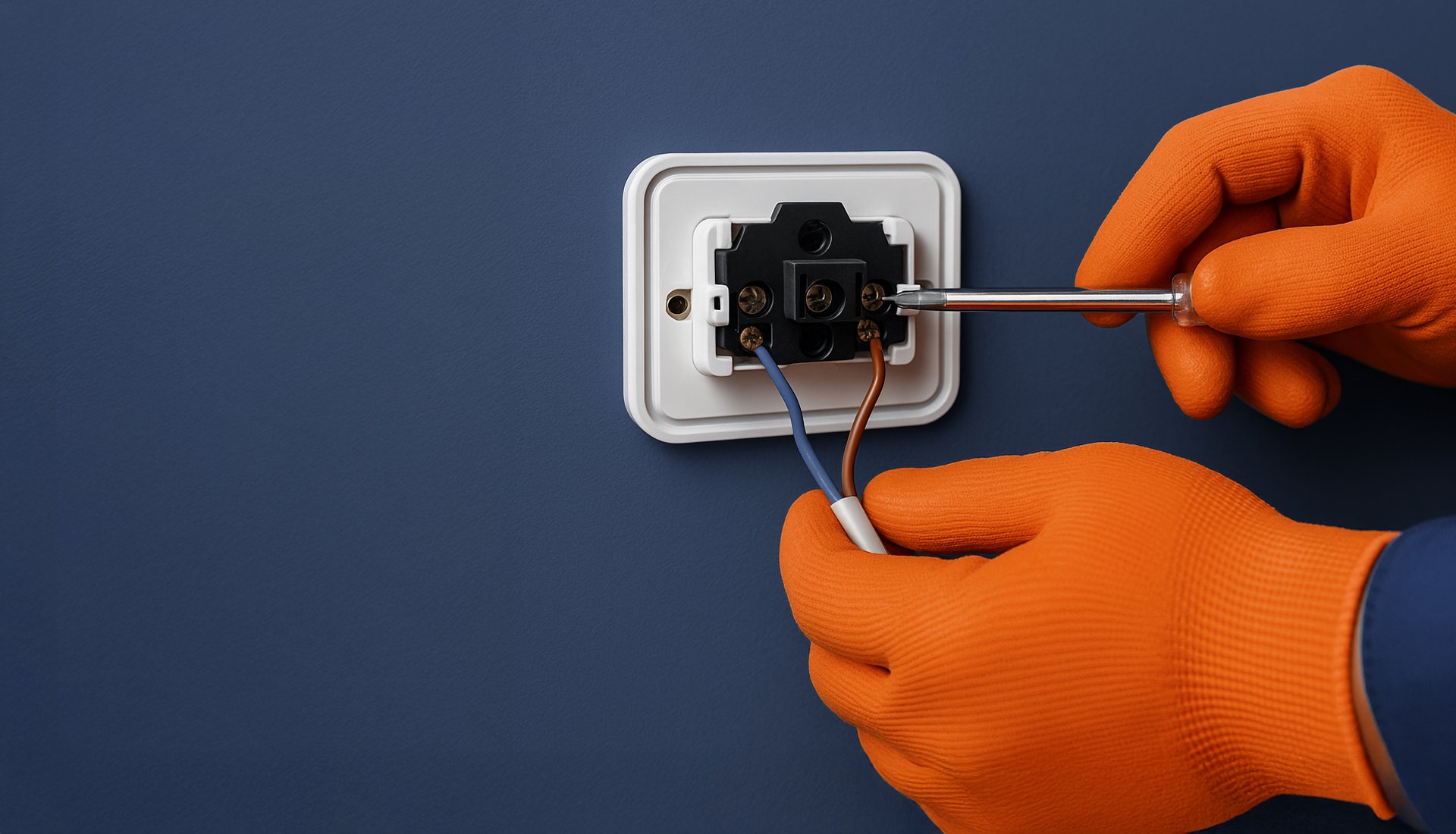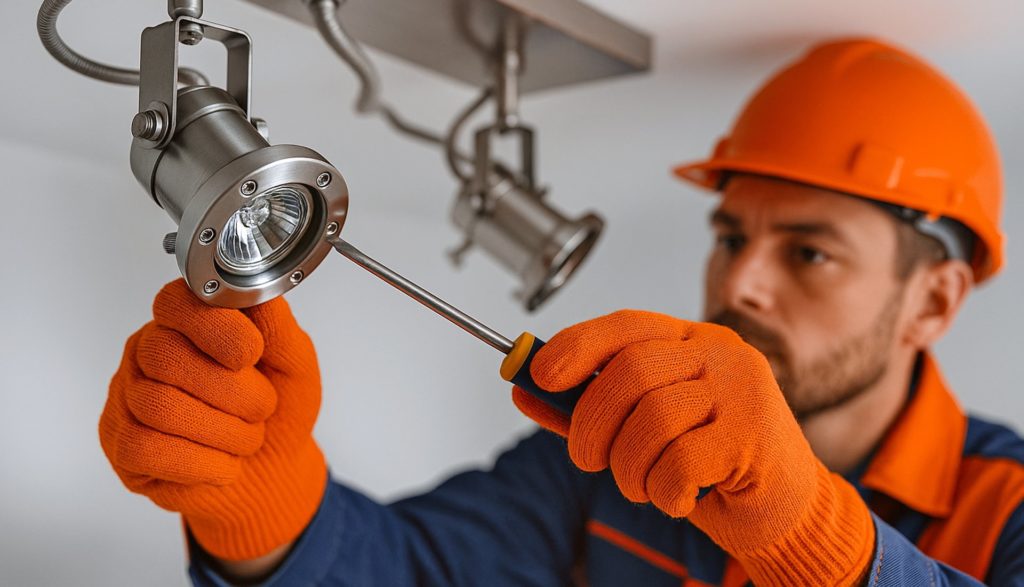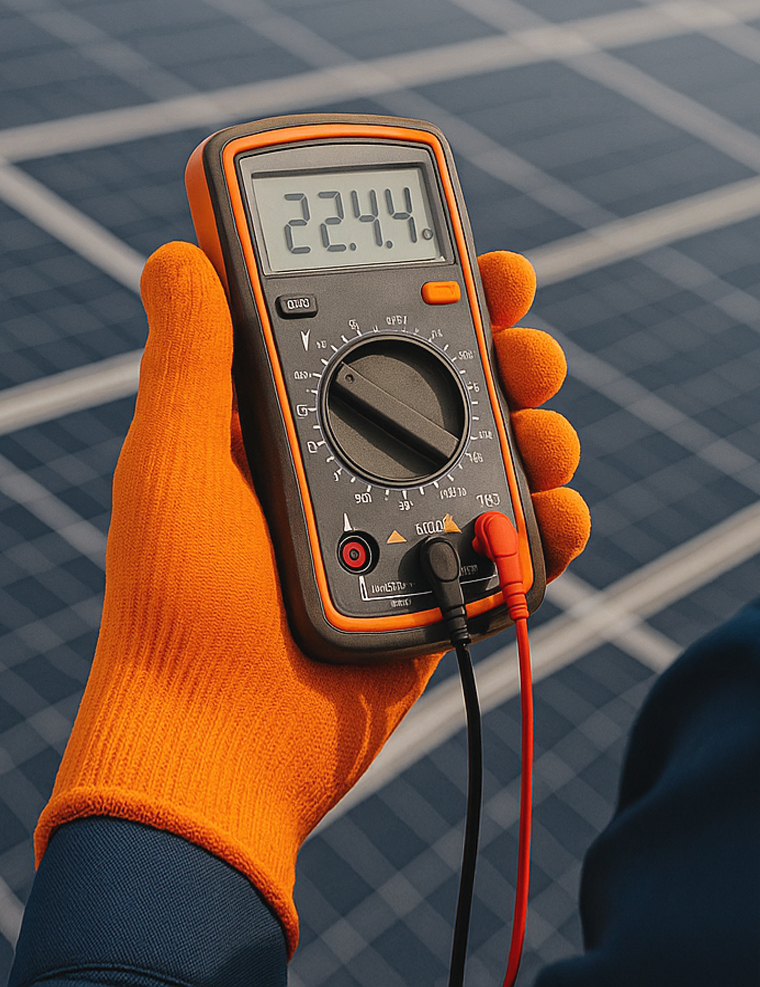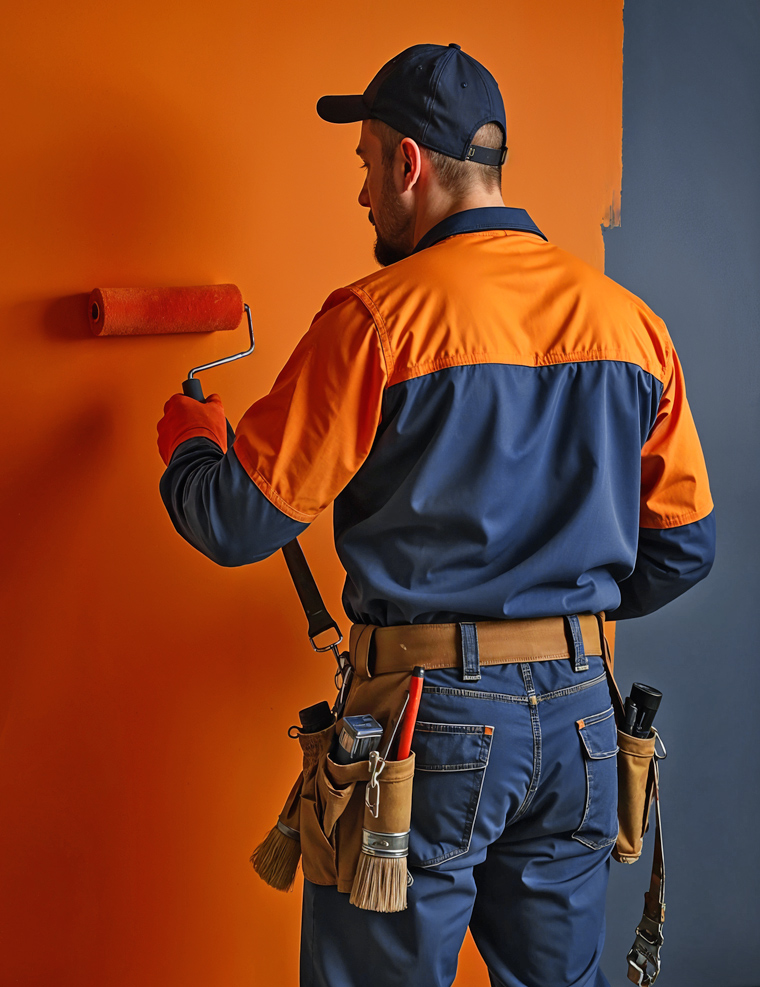
Modern homes require constant care — from quick fixes to bigger repairs. Having someone who knows what they’re doing makes all the difference. Walls need patching, shelves need mounting, and doors don’t always close the way they should. That’s life — but it doesn’t have to be a hassle. With skilled, dependable help, every task becomes simple.
A good handyman doesn’t just repair things. They bring peace of mind, precision, and pride in their work. Whether it’s tightening a screw or replacing a fixture, the right attention to detail shows.
In every neighborhood, in every season, there’s always work to be done. Some jobs can wait, others can’t — but all deserve the same care. Quality matters. Tools matter. But what matters most is the trust behind the work — knowing that what’s fixed stays fixed.
Tools are important — but they’re only part of the story.
The Beauty of Getting Things Done
Not all heroes wear capes — some carry toolboxes, wear work gloves, and know how to bring order to chaos. Behind every well-functioning home or workspace, there’s someone who tightened the bolts, leveled the shelves, patched the wall, or fixed the squeak in the floor. Their work might not always be noticed, but it’s always felt.
In the rhythm of daily life, it’s easy to overlook the small things: a door that sticks, a faucet that drips, a wall in need of a fresh coat of paint. But these details shape our experience of space. They affect how we feel in our homes and how we function in our workplaces. And when they’re done right — quietly, professionally, and with care — they make all the difference.

There is a kind of dignity in practical work. A kind of elegance in precision. The angle of a perfectly installed shelf. The silence of a door that finally closes just right. The subtle satisfaction of things that simply work.
Being “handy” is more than just a skill — it’s a mindset. It’s about noticing what needs attention, understanding how things fit together, and taking pride in doing it properly. It’s not always glamorous. It rarely gets applause. But it builds the foundations we all stand on.

Tools are important — but they’re only part of the story. The true value lies in knowledge, experience, and the patience to do things thoroughly. A well-used screwdriver, a worn measuring tape, a level that’s seen hundreds of walls — these are not just tools; they are extensions of hands that know what they’re doing.
And trust? That’s earned over time. With every job done right. With every small problem quietly solved. With the confidence that no matter the task, it’ll be handled with care.
- Fence and deck repair
- Electrical fixes and installations
- Plumbing and leak repairs
A home is never really “finished.” There’s always something to fix, to improve, to refresh. Seasons change, materials age, needs evolve. And that’s okay. Maintenance is part of life — like brushing teeth or washing dishes. It doesn’t have to be a burden when the right mindset — and the right person — is in place.
What matters is not the size of the task, but the commitment behind it. Whether it’s replacing a light switch or renovating an entire room, the same principles apply: show up, stay focused, do it right.
Tools, Time, and a Bit of Patience
Ultimately, it’s not about the hammer or the paintbrush. It’s about the space we create — the feeling when everything just works. When the lights switch on cleanly. When the floor feels solid under your feet. When the shelves hold their weight. When the windows open with ease.
Good work doesn’t demand attention. It earns it slowly, through quiet reliability. Through making life smoother, safer, and more pleasant in ways we sometimes forget to notice.
And maybe that’s the best kind of work — the kind you don’t have to think about, because it simply does what it should.

Every day, somewhere, someone tightens a bolt, aligns a frame, or seals a gap — and because of that, things stay together. They stay strong, safe, useful. That’s the kind of work that rarely makes headlines, but quietly holds the world in place.
In a fast-moving world, there’s something timeless about hands-on work. It doesn’t rely on trends or algorithms. It’s about real things. Solid things. Things that last.
The Unsung Rhythm of Maintenance
There’s a special kind of satisfaction in finishing a task — no matter how small. Fixing a loose hinge. Hanging a new shelf. Painting over yesterday’s scuff marks. These jobs don’t just improve a space; they change how we feel inside it. A tidy room. A working light switch. A faucet that stops dripping. These aren’t just “chores.” They’re acts of care. Of attention. Of restoring order in a world full of noise.



Doing things by hand connects us to something deeper. It reminds us that progress isn’t always digital or instant. Sometimes it’s slow, measured, and manual. And that’s okay. Because every wall patched, every screw tightened, every corner painted says something quietly powerful: This space matters. Someone cared enough to fix it. And in a world that often rushes past the small stuff, that kind of care stands out.
Conclusion
Behind every smooth result is a moment of focus. A decision to do it right, not just fast. A practiced hand. The right wrench. A level that tells the truth, even if it’s off by a few degrees. It’s not about fancy equipment or flashy promises. It’s about getting the basics right — over and over again. That’s what builds trust. That’s what builds spaces we want to come back to.
Paint peels. Screws loosen. Weather wears things down. Life, quite simply, happens. And that’s why maintenance is never finished — and never should be. Because a well-kept space reflects a living, breathing environment. One that grows, adapts, and improves over time. It’s not about perfection. It’s about progress. Bit by bit. Job by job.

